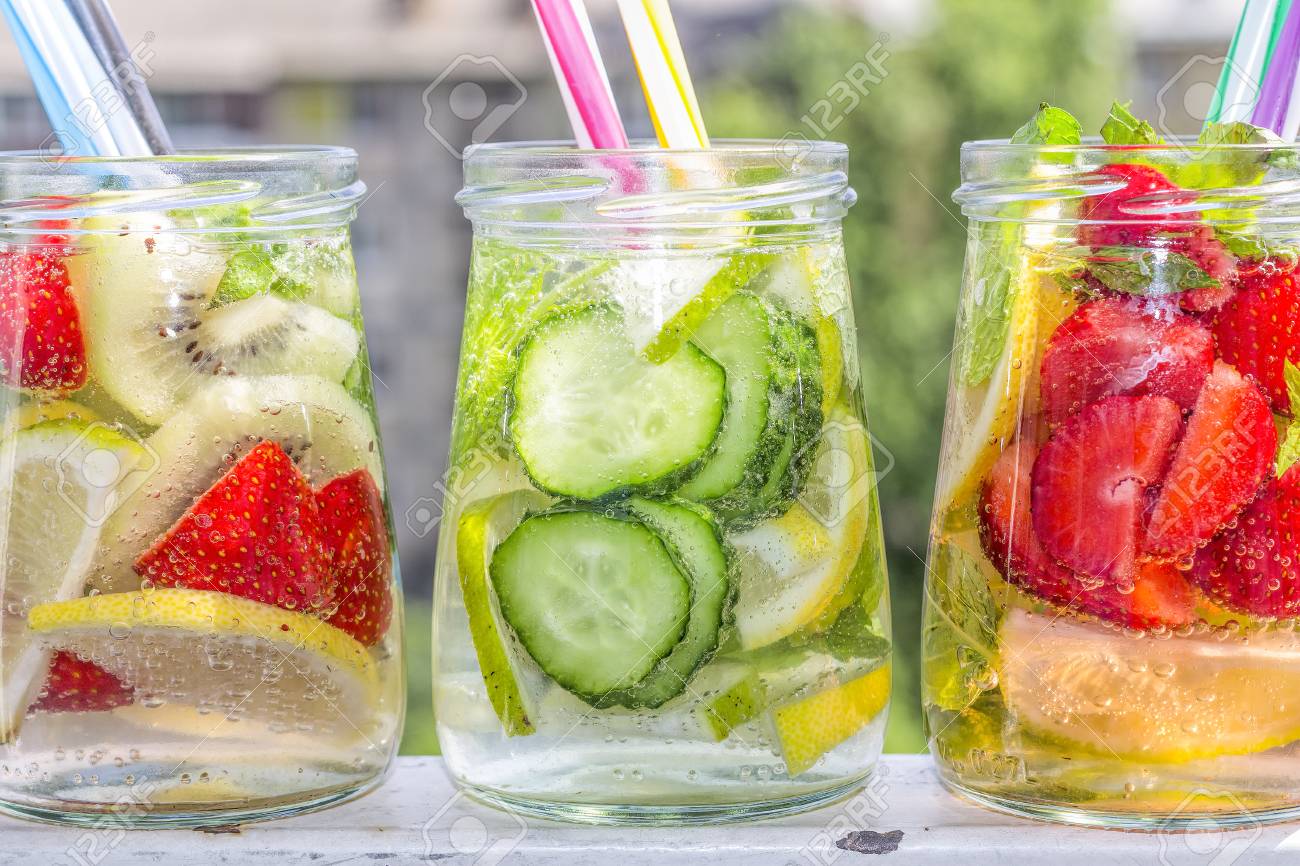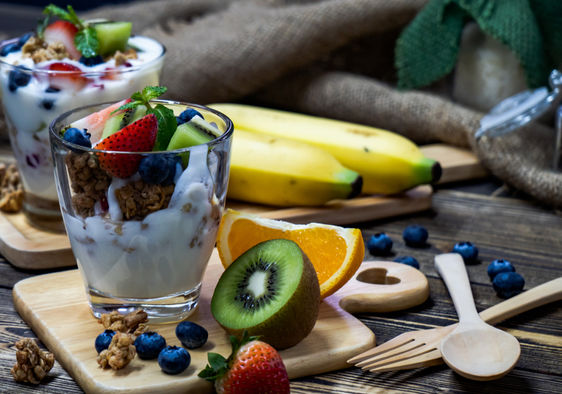Detox drinks have always been included in detoxifying diets assuming it to help cleanse a person's body and to help lose weight. Detoxification sure takes up a role in medical context, but it has little proven detoxifying benefits as commonly believed while including in a daily diet. In medical science, detoxification assists with any withdrawal symptoms of a person when the drugs he is addicted to are stopped. Hence, the use of the word detox is not always appropriate when not in medical context. Detox drinks may boost health, aid in weight loss, and support the body's natural detoxification processes, but this is different from medical detoxification. Studies say that commercially available detox diets are said to improve how toxins are removed from liver, but it has also been highlighted that these studies have flawed methodologies too. The claim on weight loss by following a detox diet is only because the diet is low in calories and also, the lost weight is said to be gained back after a certain period of time, thus making it a short-term solution to weight gain. Detox drinks are not bad, it is always good to include drinks including fruits and veggies to complete a balanced diet. It is just better to call it health drink or smoothie as the claimed detoxifying factors are negligible.
(Credits: www.medicalnewstoday.com)


